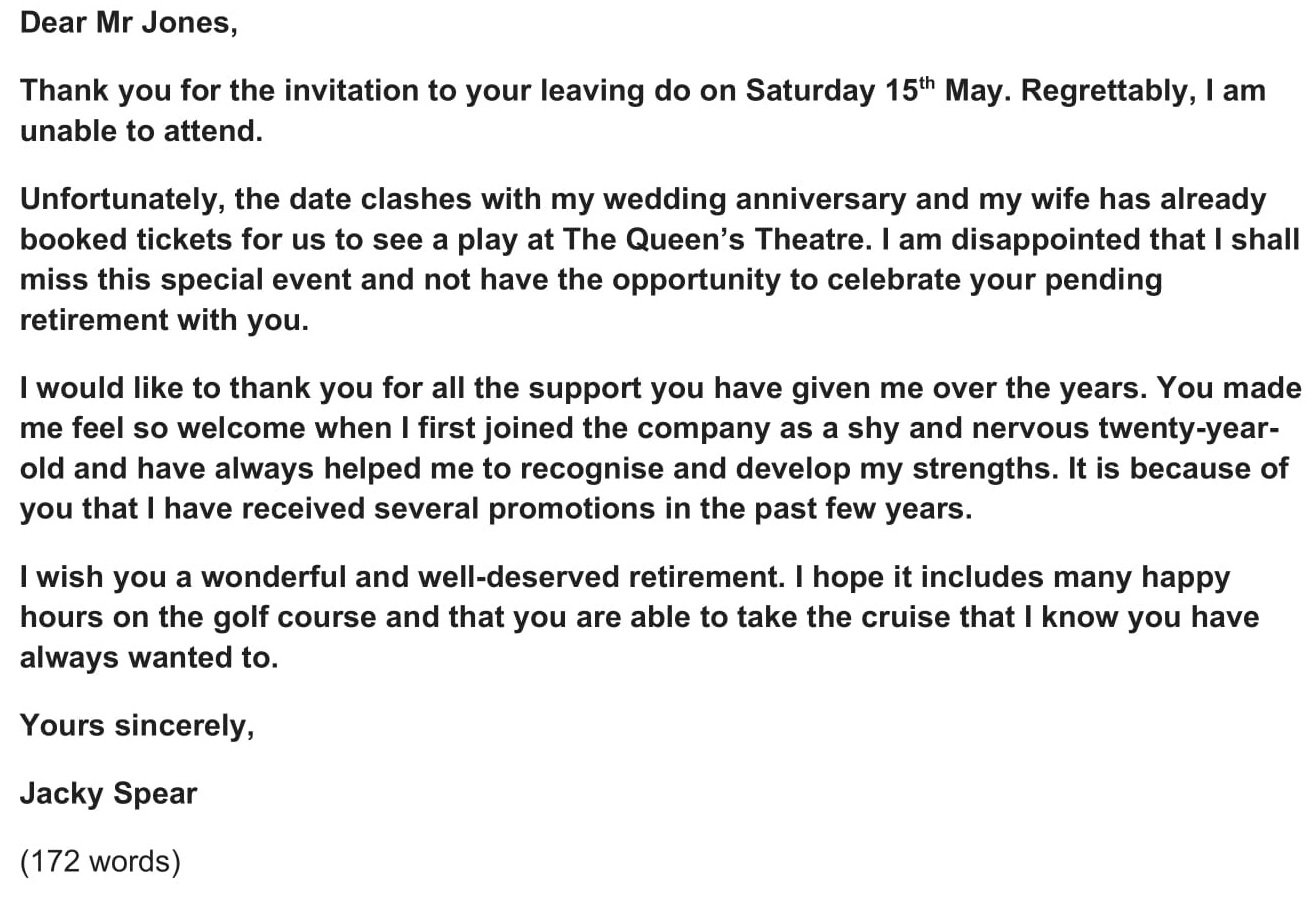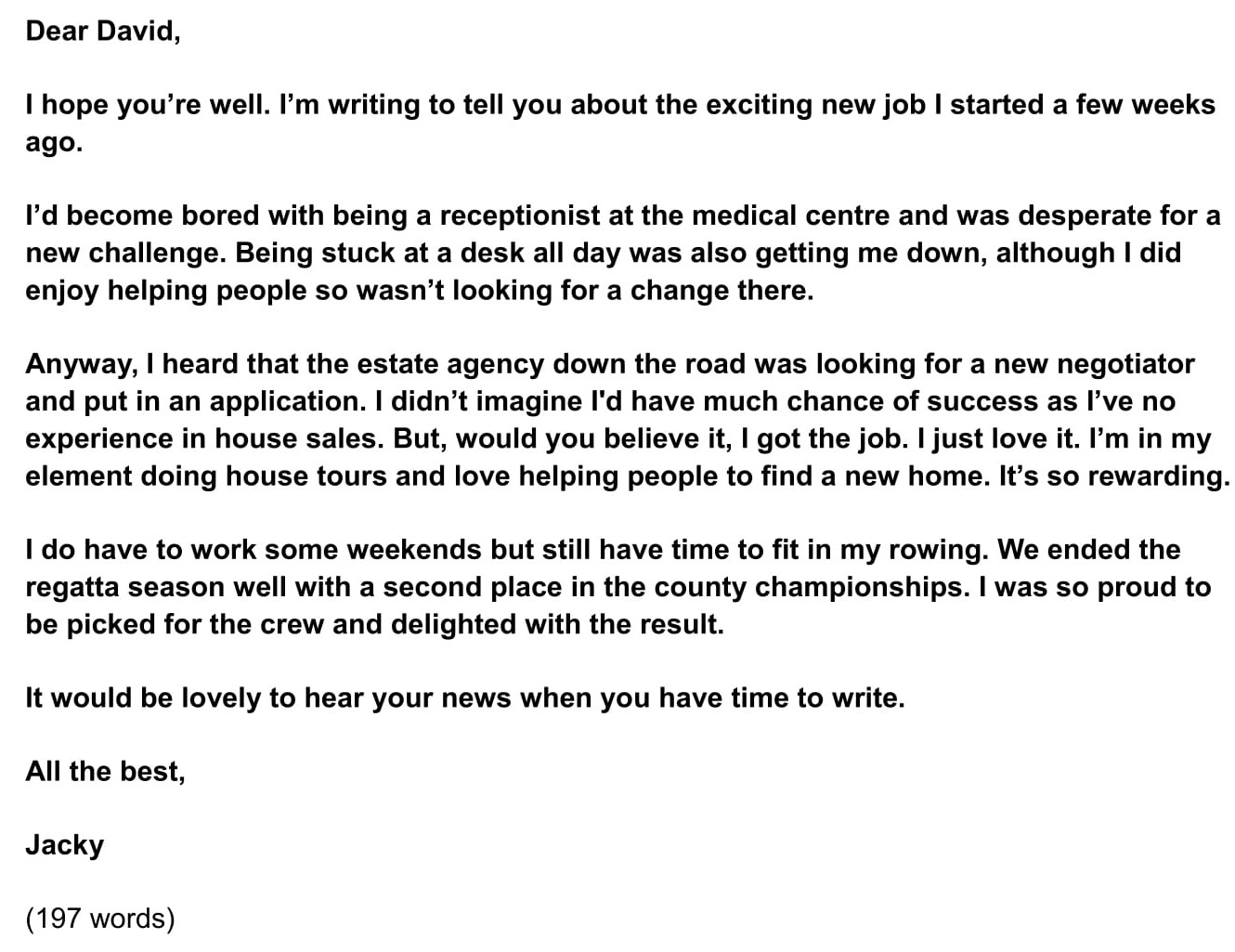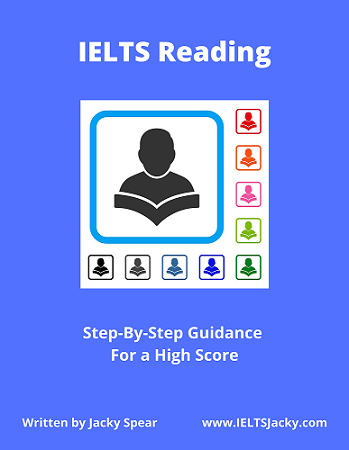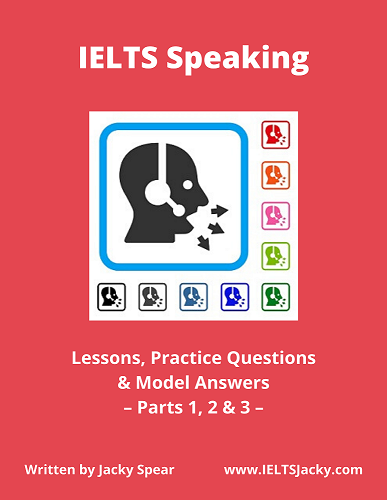IELTS Letter Writing
Formal & Informal
One of the most important tasks of IELTS letter writing is to decide on the tone of your letter. There are two options:
- Formal
- Informal
If you get this wrong, you will get a low score for Task Achievement which makes up 25% of your total mark. This lesson will help to ensure that you get it right.
The tone is determined by the person you are writing to.
- Formal – to someone you don’t know or don’t know well.
- Informal – to a friend.
You will use different language and a different style of writing depending on who you are addressing. Follow this rule and you won’t go wrong:
- If the question includes the word ‘friend’, use informal language.
- If the question does not include the word ‘friend’, use formal language.
The only exception is if the letter is to a close family member when you would also use an informal tone, but these are not common.
Occasionally students get confused by a letter that is to a friend but of a serious nature such as informing them of a sad even. You would still use an informal tone but choose appropriate language to fit the situation. Tone is never determined by the topic of the letter, only who it is written to.
We'll look at some examples in a minute but first, I want to talk about the semi-formal tone.
Should a semi-informal tone ever be used?
My advice is to use only a formal or informal tone as appropriate. I believe in keeping things as simple as possible and having a third style option is an added complication and unnecessary.
You could argue for the use of a semi-formal tone when writing to a colleague or manager you are friendly with. However, for your IELTS letter writing test, assume that they are not friends and write the letter in a professional style, that is, in a formal tone.
The other situation that can be confusing is where the person you have to write to is a neighbour. Again, assume that you do not know them very well and keep the letter formal.
If you follow the rule of only writing an informal letter when the question contains the word ‘friend’, you’ll be fine.
IELTS Letter Writing Questions
So, let’s look at some sample questions and decide which tone and style we should use for each.
Read through the following 4 questions and decide whether you should write a formal or informal letter for each one.
Question 1
You live in a room in college which you share with another student. However, there are many problems with this arrangement and you find it very difficult to work.
Write a letter to the accommodation officer at the college. In your letter:
- describe the situation
- explain your problem and why it is difficult to work
- say what kind of accommodation you would prefer.
Question 2
A friend has agreed to stay in your flat and look after it while you are away. You want to give them some information.
Write a letter to this friend. In your letter:
- give information about the flat
- provide any important instructions
- say what he/she should do if there are any problems.
Question 3
A friend is visiting a city that you are familiar with.
Write a letter to this friend. In your letter:
- describe to him/her a place worth visiting
- suggest some eating options
- suggest transport options.
Question 4
You have seen an advert in a newspaper asking for volunteers to help run a charity event.
Write a letter of application to the organiser. In your letter:
- explain why you are interested in helping
- give details of relevant past experience
- suggest ways you might help with the event.
Answers:
Questions 1 & 4 require formal letters as they will be written to people you do not know, that is, an accommodation officer and an event organiser.
Questions 2 & 3 require informal letters as they will be written to friends.
In the next lesson, we’re going to look at useful language for IELTS letter writing. The lesson gives examples of specific words and phrases appropriate for both formal and informal letters.
Click this link to study it: IELTS Letter Writing Vocabulary
Before you do so, have a read through these two letters, one formal, the other informal, to get a feel for the language, tone and style used in each.
Formal letter

Informal letter

Click these links to see step-by-step instructions on how each of these letters were planned and written.
How To Write a Formal IELTS Letter
How To Write an Informal IELTS Letter
|
Want to watch and listen? Click on this video. |
IELTS General Writing Task 1 – All Lessons
IELTS General Writing – A summary of the test including important facts, test format & assessment.
Letter
Format – The format, the 7 topics, letter
structure, formal & informal, assessment & marking criteria, sample
questions. Essential information you need to know.
Letter Writing Tips – Learn top tips on how to meet the assessment and marking criteria and achieve a high score.
Letter Writing Structure – Find out how to use this easy to learn letter structure to write a high-scoring letter. Includes a model answer.
How To Plan a Letter – Learn a simple 5 step process & 6 part letter structure. Also, help to understand the question & generate ideas.
Formal or Informal – How to decide what type of
letter to write. Sample questions & 2 model letters.
Letter Writing Vocabulary – Learn useful phrases to help you achieve a high score. Also, know how to start & end your letter.
How To Write an Informal Letter – Step-by-step instructions, simple 4 step plan & 6 part letter structure, model letter.
How To Write a Formal Letter – Step-by-step instructions, simple 4 step plan & 6 part letter structure, model letter.
Letter Topics – Learn the 7 most common letter topics & other popular subjects. Includes 20 sample questions.







